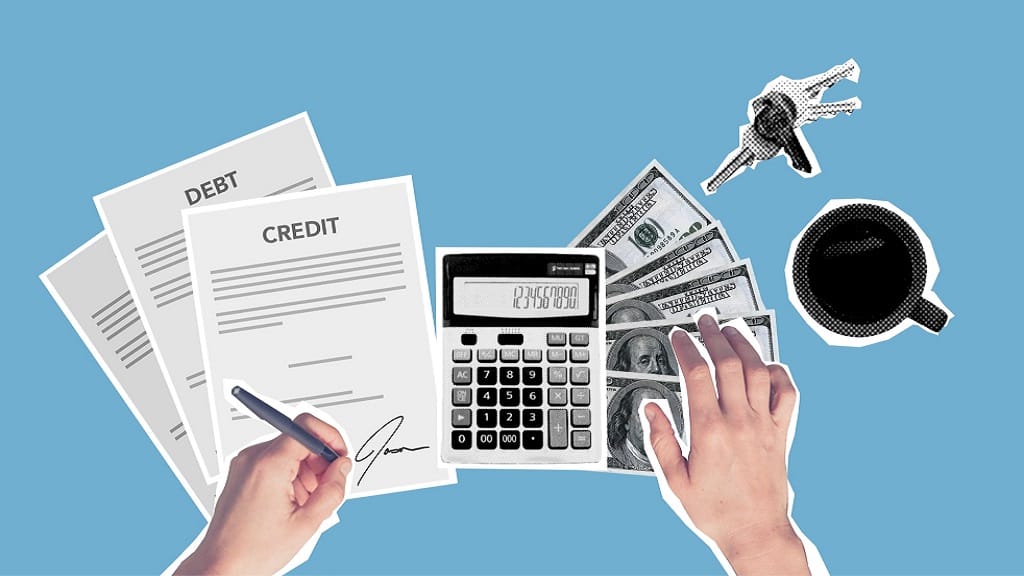Effective money management is an important skill for any person to have. A common challenge people face financially is paying off loans. This includes mortgages, car loans, and personal loans.

We have listed practical money management skills to help you pay off your loans in the shortest possible time. Keep reading.
Essential Money Management Skills for Loan Repayment
Managing loans can often feel like navigating a complex financial maze. But fear not; with the right money management skills, you can take control of your financial situation and steadily work towards paying off those loans.
With these fundamentals, you are better prepared to take on your loans. Here are practical money management skills and strategies you can apply in debt repayment whether you reside in Singapore or elsewhere in the world.
1. Budget Setting
Think of finances as a puzzle. Each piece represents different aspects of your daily finances. Creating a budget is like assembling the edge pieces; it outlines the boundaries and helps you connect the rest.
List down your total income and expenses, such as rent or mortgage, utilities, groceries, transportation, and any other bills. By doing this, you’ll see how your money is spent and the areas where you can save.
Another part of budgeting is determining how much money you want to put towards paying off your loans each month. Setting achievable budget goals will help you see significant progress in your loan payment over time.
2. Debt Prioritization
If you have several loans under your name, you can apply the payment strategy known as “debt avalanche” method. Pay off the ones with the highest interest rates first, as the interest on these might be costing you just as much or even more money than the principal amount. Use whatever extra money you have left to pay off those with higher interest rates. As for your smaller loans, you can make minimum payments on them.
3. Loan Consolidation
Loan consolidation involves combining multiple loans into one with a lower interest rate. This can make your monthly payments more manageable and save you money in interest.
Check with banks, financial institutions, and money lenders to see if consolidation is an option for you.
4. Emergency Fund Building
Unexpected expenses or life events, such as medical emergencies, car breakdowns, or urgent home repairs, can throw your financial plans off track.
Prevention is better than cure, so build an emergency fund, a financial safety net that will allow you to avoid spending the budget on other things, especially your loan payments. Ideally, save up at least three to six months’ worth of living expenses in a separate savings account.
5. Frugal Living
Identify non-essential expenses in your budget that you can cut back on. It could be dining out less frequently, canceling unused subscriptions, or finding cheaper alternatives to your regular expenses. Redirect the money you save toward paying off your loans.
6. Income Generation
A good way to accelerate loan repayment is to generate additional income. This is especially true if your main income is barely enough for both necessities and loans. .
Consider taking on part-time work, doing a a small side gig, or selling items you no longer need. Or better yet, if you think it’s time, try moving up the career ladder. The extra money will not only help you pay your loans without resorting to penny-pinching.
7. Loan Payment Automation
Set up automatic loan payments to ensure you never miss a due date. This helps you avoid late fees and ensures a consistent contribution to your loan repayment. Many banks and lenders offer this service for free.
8. Progress Tracking
Regularly monitor your loan balance and track your progress. Seeing your debt decrease can be motivating and help you stay committed to your financial goals.
9. Seeking Professional Advice
If you’re struggling to manage your loans or develop a plan, consider seeking advice from a financial counselor or advisor. They can provide personalized guidance to help you make the best decisions for your unique financial situation.
Wrapping It Up
Managing your money wisely is essential, whether you live in Singapore or anywhere else in the world. By creating a budget, building an emergency fund, and prioritizing your debts, you can take control of your finances and work towards a debt-free future.
Paying off loans may seem challenging, but with the right money management skills, it becomes more manageable and achievable. Remember, it’s a journey, and every step you take brings you closer to financial stability. So, start today and take charge of your financial future.

